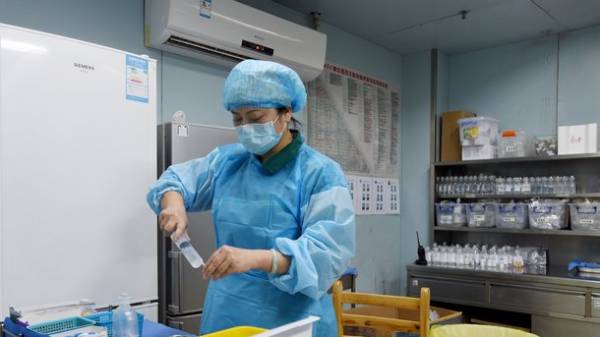
Scientists from the Institute for basic research in South Korea has created a new technology based on CRISPR/Cas, which allows us to make mutations in the DNA up to one nucleotide.
This was the biologists wrote in a paper in the journal Nature Biotechnology.
According to them, the new function can be used to treat such serious hereditary diseases as cystic fibrosis, phenylketonuria or Huntington’s disease.
System CRISPR/Cas9 is used to change the nucleotide sequence of DNA. Cas9 is a protein that cuts double chain in a particular area. This place defines guide RNA (sgRNA) that complementary binds to a specific site of recognition. Broken molecular “scissors” nucleic acid is subsequently recovered, but lost part of the sequence, which prevents the precise changes in the DNA.
To solve this problem, the researchers modified the system by connecting with another Cas9 enzyme — titidindezaminazoy. It is possible to obtain the molecular complex is capable of replacing one nucleotide with another. He cuts only one chain in the double helix and turns the nucleotide cytosine to thymine.
New technology tested on the embryos of mice, creating mutants that had mutations either in the genes coding for the protein dystrophin or genes of tyrosinase, which is involved in the synthesis of melanin. This complex was introduced into fertilized oocytes by injection and microporosity, after which the embryos were transplanted to surrogate mothers. Born rodents are not synthesized dystrophin in muscle cells (in humans this leads to Duchenne dystrophy) or were albinos.
The ability to artificially introduce the point mutation necessary for technologies designed to correct harmful mutations. This will allow to develop new methods of therapy of hereditary diseases linked to single nucleotide substitutions.






